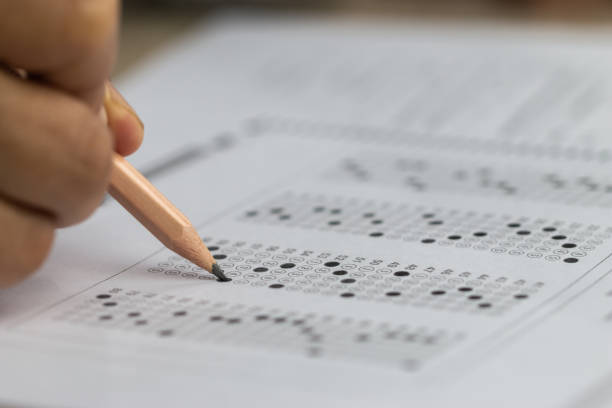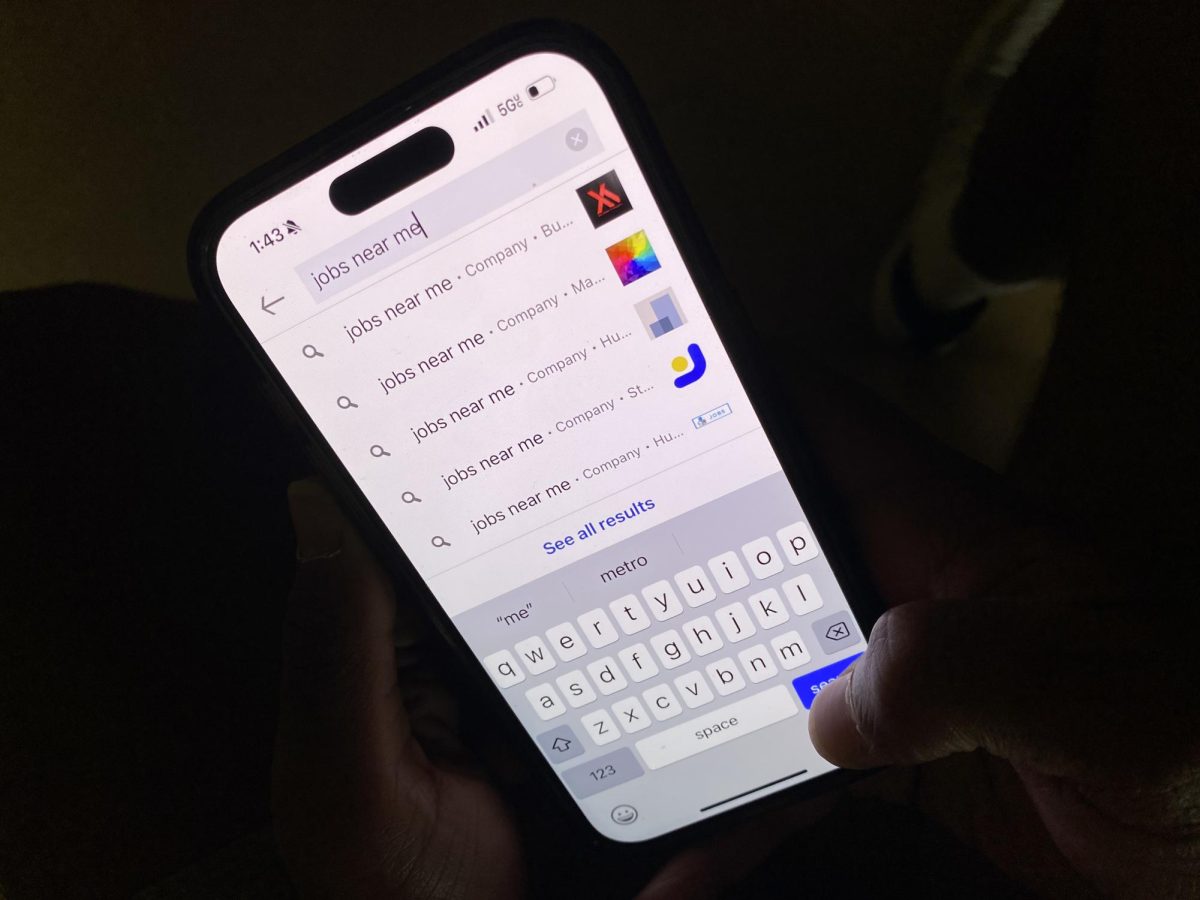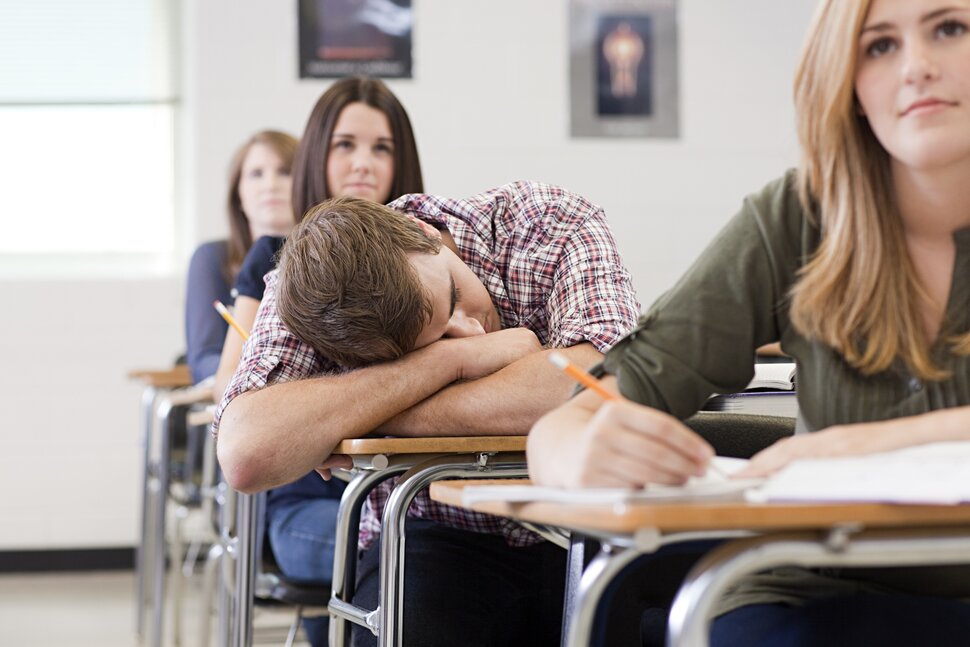Welcome to “Bee Healthy,” the official health and wellness column for The Hive! I’m Madeline Jordan, and this is my new column where I will be interviewing students and faculty, researching important topics, and sharing all the information I find to improve your health and wellness as a student.
For my first article in this column, I want to share some knowledge about a process that is an important part of all our daily routines: sleep.
I recently conducted an online survey of the Seven Hills student body, asking questions about sleep habits, sleep duration, and the effects on physical and mental health. I received 64 completed surveys with an even number of responses received from each grade, and all surveys were done anonymously.
Results from the survey show that 90% of students report sleeping fewer hours than the recommended 9 to 9.5 hours per night, with 39% reporting that they sleep less than 6 hours per night, well below the recommended amount. In fact, 58% of students report never feeling rested or refreshed when they wake up for school in the morning. However, this is not always the student’s fault; there are many factors that make it challenging for high school students to get adequate sleep, including early morning school start times, homework, after-school activities, and a natural shift in teenagers’ biological clocks that makes it harder for them to go to bed early and wake up early in the morning.
Sleep is a vital factor in our everyday lives and allows our bodies and minds to relax and rejuvenate after a long day. Sleep supports brain development; during sleep, the brain consolidates memories and processes information learned throughout the day, which is crucial for learning and academic performance (Walker, 2017). Getting enough sleep also enhances focus and concentration, necessary for effective learning in school. A study on teens found that those who get less sleep have deficits in attention and problem-solving (Beebe, 2011). Sleep also supports the immune system and helps regulate energy levels. Without adequate sleep, our bodies are unable to function at their peak capability, greatly affecting both our mental and physical health. Inadequate sleep can negatively impact our ability to learn, concentrate, manage stress, and can increase the risk of poor mental health and decision-making.
In addition to the school-wide survey, I interviewed Dr. Bryce Carlson, one of the Upper School Science Teachers, to find out more about how sleep is vital for our success in our day-to-day lives. After his child was born, Carlson recalls how he would often get only 3 to 5 hours of sleep each night. Carlson said, “In this sleep deficit, it was much harder for me to answer the complex questions students were asking.” He could go through the process of giving a lecture, a presentation he had given many times before, but, when faced with a new, challenging inquiry, he struggled to think critically to his peak capability without proper rest the night before.
When discussing the high prevalence of inadequate sleep in the Seven Hills students surveyed, Carlson warned that a lack of sleep can have detrimental effects on one’s mental performance: “Even if you are just in a 1-hour sleep deficit, there may still be some consequences that you don’t realize are affecting you. Sleep deprivation could lose you 5 percentage points on a test, make you lose focus while reading a passage, or prevent you from remembering one detail in a complex formula for math class.” In fact, 90% of surveyed students reported that their lack of sleep negatively affects their ability to focus during class.
Carlson said, “Learning is significantly impaired with a lack of sleep. When we are sleep deprived, we have a harder time following arguments and encoding memories, both vital to a student’s success.” These subtle mistakes can add up, and, when you are continuously in a sleep deficit, these consequences continue to build, affecting not only your academic performance but also your mental health.
When asked about how one’s mental health is affected by a lack of sleep, Carlson said, “When we get less sleep, our brains tend to remember more negative experiences than positive ones.” This gap increases with a greater sleep deficit, causing students to have a gloomier outlook on life and decreased happiness.
Furthermore, 84% of surveyed students reported that their lack of sleep negatively affects their mental health, depicting how students are aware of this recurring problem in their lives. However, students should not feel helpless about this problem; there are still practical ways to ensure you are getting enough sleep at night. Carlson suggests using a calendar to block off your time and ensure that you are not procrastinating assignments that you need to get done. If you do not procrastinate, you will have more time at night to relax and get more hours of sleep.
Practicing good sleep hygiene is also important to getting a good night’s sleep: habits like maintaining a consistent sleep schedule, creating a relaxing bedtime routine, limiting screen time before bed, and engaging in regular physical activity are all things that can improve sleep (Hirshkowitz et al., 2015).
Sleep is far more than just a necessary part of daily life; it is critical for academic performance, mental health, and overall well-being. The results of the student body survey and interview with Dr. Carlson clearly show the impact that inadequate sleep can have on students. Changing your routine to prioritize sleep does take some self-discipline, but learning the consequences of neglecting proper sleep should help you understand how this relaxation in our daily routine is vital to both our mental and academic success. With some simple changes like better time management and establishing a healthy nighttime routine, students can improve the quality of the sleep that our bodies and minds need to succeed both in and out of the classroom.
References:
Beebe, D. W. (2011). Cognitive, behavioral, and functional consequences of inadequate sleep in children and adolescents. Current Problems in Pediatric and Adolescent Health Care, 47(2), 58-67.
Hirshkowitz, M., Whiton, K., Albert, S. M., et al. (2015). National Sleep Foundation’s sleep time duration recommendations: methodology and results summary. Sleep Health, 1(1), 40-43.
Walker, M. (2017). Why We Sleep: The New Science of Sleep and Dreams. Scribner.























